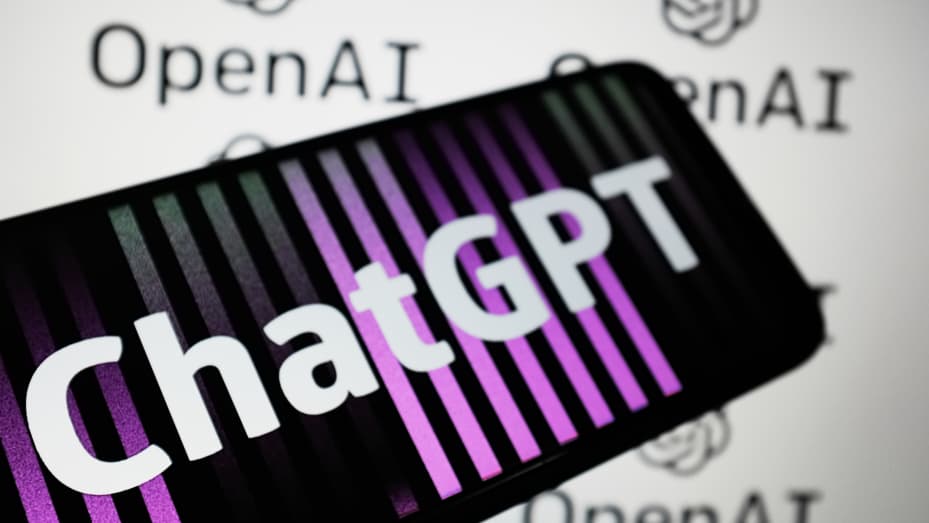In Japan, it is traditional for students to start searching for employment well in advance of their graduation, resulting in a challenging job-hunting procedure and a social stigma associated with not finding a job prior to graduation.
A crucial element of the job application process in Japan involves filling out “entry sheets” (ES) – company-specific questionnaires that applicants must complete for every firm they apply for, with strict character limits of 150 to 400 characters expected for every question, and companies frequently requesting 2 to 4 such responses per application.
Based on a recent survey by OneCareer, a human resource company, it was found that 30% of graduating students in 2025 were actively utilizing ChatGPT for their job search, while an additional 44% expressed their interest in using this powerful AI tool. The survey further revealed that a significant majority of 82% faced difficulties in writing the required company-specific questionnaires (ES), with 32% expressing worries about not meeting the deadlines.
As a solution to the aforementioned concerns, OneCareer launched a beta version of its ES writing service supported by generative AI in May, facilitating users to design personalized ES in accordance with their unique experiences. Additionally, the survey conducted among 446 graduates in 2024, which unveiled that 59% of them faced difficulties while writing ES, also encouraged the company’s decision to introduce this service.
Junichi Takahashi, the PR manager at OneCareer said “When we talked to students at various universities, some mentioned that they are already using the service, while others were familiar with our name, However, some are still considering whether to use the service, taking a wait-and-see approach.”
The ES writing service offered by OneCareer was utilized by over 10,000 individuals in slightly more than one month from the time of its introduction in May.
In late May, Exawizards, an AI development company, organized a seminar targeting recruiters. The seminar aimed to promote the adoption of generative AI in the recruitment process, enabling companies to accelerate various operational tasks and allocate more time for strategic planning and establishing interpersonal connections with prospective candidates and departments.
According to Yoritaka Handa, the head of human resources at Exawizards, almost 800 individuals registered to attend the online seminar, which accounts for ten times the standard number of participants.
“Using generative AI for these operational tasks has created more time for other areas of work,” Handa said.
At present, there is a growing inclination to integrate AI into the process of job-hunting. This can be observed through the results of a Jiji Press survey conducted earlier this month, indicating that many companies have reservations about utilizing generative AI in the said area. The respondents consisted of nine companies, such as East Japan Railway and Lawson, who had a negative outlook on the use of AI in job recruitment. Others, like Nippon Telegraph and Telephone West, have not given any definitive response, albeit expressing concerns. Only NTT Docomo and Japan Airlines have exhibited affirmative responses.
Takahashi highlighted that OneCareer’s strategy is to promote collaboration between users and AI in constructing the foundation of their ES, instead of relying solely on AI to compose it entirely. Users can then customize and personalize the specific details to create an essay statement that resonates best with them.
“We hope that our service can be seen as a collaborative effort with AI, where individuals can receive assistance in conducting a more effective job search,” said Takahashi.
One possible concern with the utilization of ChatGPT, and its underlying AI developer OpenAI, is the possibility of confidential information becoming exposed. This risk emerges when data is submitted to the system and subsequently goes through the processing stage, thereby creating the potential for personal information leaks.
“We do not engage in machine learning on the OpenAI side,” said Takahashi. “We have also included a disclaimer stating that we do not perform such actions without permission.”




